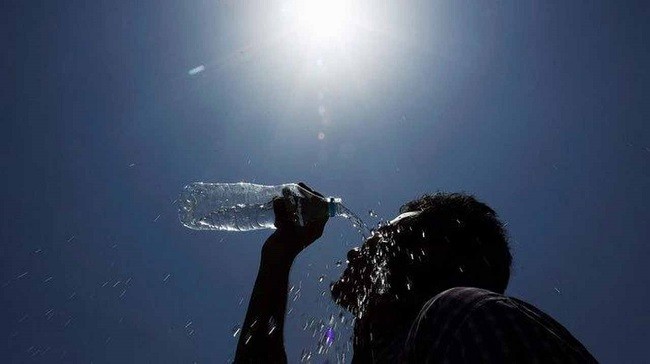Understanding Nigeria’s Current Heat Wave: Causes and Coping Strategies
Nigeria, particularly the urban centers like Lagos, is currently grappling with a significant heat wave, leaving many residents sweltering under the scorching sun. As temperatures soar to unprecedented levels, it’s crucial to understand the factors contributing to this phenomenon and adopt effective coping strategies.
- Overpopulation and Urbanization: Nigeria’s rapid population growth has led to increased urbanization, with cities like Lagos experiencing exponential expansion. As more land is cleared for construction and infrastructure development, natural vegetation diminishes, exacerbating heat retention in urban areas. The proliferation of concrete buildings, tarred roads, and heat-emitting vehicles further intensifies the urban heat island effect, contributing to soaring temperatures.
- Climate Change: Global climate change, driven by greenhouse gas emissions from human activities, has resulted in rising temperatures worldwide. Nigeria is not immune to this trend, experiencing more frequent and severe heat waves as a consequence. The 2023 report by the EU-funded Copernicus Climate Change Service highlighted record-high global temperatures, underscoring the urgent need for climate action to mitigate the adverse effects of climate change.
The Nigerian Meteorological Agency (NiMET) has issued warnings about the prolonged heatwave, projecting air temperatures reaching up to 41°C in the north and 39°C in the south. To mitigate the health risks associated with extreme heat, NiMET advises the public to take precautionary measures:
- Limit outdoor activities during peak heat hours (12:00 noon to 4:00 pm).
- Stay hydrated by drinking plenty of water.
- Seek shade and cool environments whenever possible.
- Take regular showers and use fans to stay cool.
- Wear lightweight, breathable clothing to minimize heat absorption.
Failure to heed these precautions could result in heat-related illnesses such as fainting, heat rash, and even fatalities, as witnessed in past heatwaves. By raising awareness and implementing adaptive measures, Nigeria can better cope with the challenges posed by extreme heat events and build resilience to future climate impacts.








